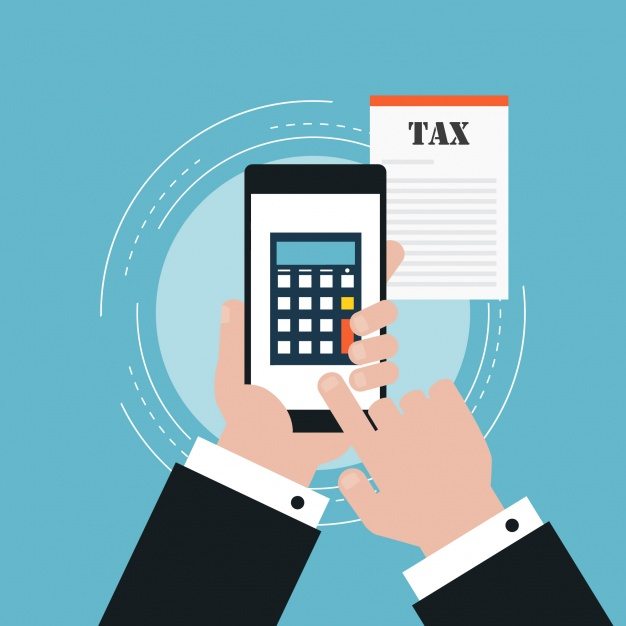Yes, we are fresh off tax season, which means most small business owners have just calculated—with help from the IRS—whether they paid enough tax for 2018. If you are self-employed you should be familiar with making estimated state and federal tax payments each quarter. If you’re not, with this week being Small Business Week, it’s the perfect time to check to make sure you are paying the right amount and paying on time to avoid fines and penalties.
Need an estimated tax refresher? Check out the tips below:
If you make more than $400 freelancing in a year, you have to pay the appropriate estimated taxes on the income. Unlike when you work full-time for someone else, your taxes are not automatically withheld from the checks you receive from freelance clients. As a freelancer, you are responsible for paying estimated taxes on a quarterly basis throughout the year.
The amount of estimated tax you owe depends on your level of income and if you’re factoring in state and local taxes. You also need to know what taxes you may be responsible for in the city where you are conducting business. This information can usually be found on the website of the city where your freelance business is based. If you do work for clients or sell goods in other states, you need to know if you will owe taxes in these locations, too.
Keep track of your previous year’s tax rate to estimate how much tax you owe. If you are making close to the same as you did last year, this will give you an idea of how much to set aside (or you can check with a tax professional). Generally, consider 33% of your taxable income a good starting point. It is often helpful to save money for your tax payments in a separate account so you know that you have the money on hand.
Know when to pay. The remaining schedule for estimated tax payments in 2019 is:
- For income received April 1 through May 31, estimated tax is due June 17, 2019.
- For income received June 1 through Aug. 31, estimated tax is due Sept. 16, 2019.
- For income received Sept. 1 through Dec. 31, estimated tax is due Jan. 15, 2020.
Do not wait until the end of the year to pay. It is risky to assume that you will be able to pay all your taxes at the end of the year in one lump sum. Paying them quarterly will help you keep on top of them and avoid fines and penalties. If you miss a quarterly tax deadline, file as soon as possible and speak with an IRS representative about appealing the penalty. Do not wait until the next period to pay.
Be aware of how estimated tax penalties work. The IRS applies a penalty to estimated tax filings when you have not paid enough tax during the year or when you have not filed on time. The IRS applies a percentage (the penalty rate) to figure out your penalty amount for each quarter (for the first quarter of 2019 this amount is 6 percent).
These penalties apply unless you meet the safe harbor limitation for 2019 which requires that:
- A person’s tax payments are equal to at least 90 percent of their tax liability for the year, or;
- A person’s tax payments are at least 100 percent of the prior year’s tax liability (110 percent when joint filers’ gross income is over $150,000).
In regard to your 2018 taxes, due to the fact that the IRS released tax withholding tables early in 2018 and they did not reflect some adjustments in the new tax laws, the agency is now waiving the penalty for any taxpayer who prepaid at least 80 percent of their total tax liability for 2018. However, if you did not prepay 80 percent of your total tax liability or more, you will not be eligible for the waiver.
It is a good idea for all freelancers to check their estimated tax payments as well as the rate at which they are paying estimated taxes for 2019 to ensure they are, at a minimum, meeting the safe harbor threshold. Given that it’s small business week there is no better time to do a quick check—it may just save you from having to pay an unwanted fine or penalty!


